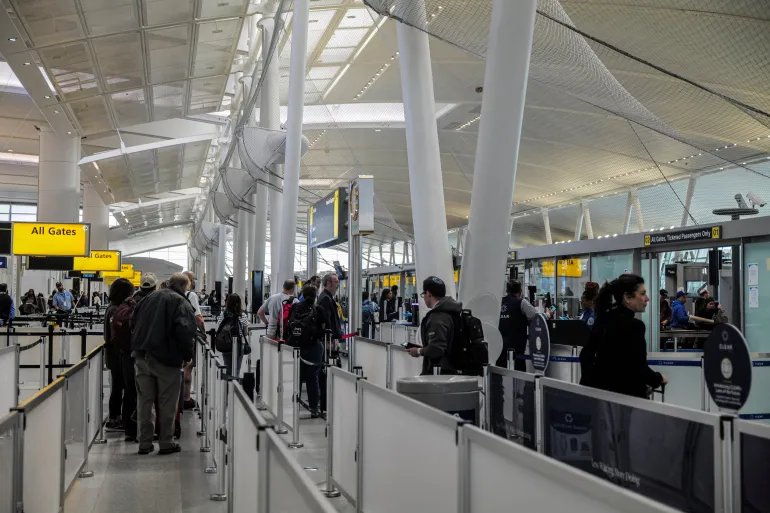In the face of rising authoritarianism, xenophobia, and cultural regression in the United States, some Americans are considering emigration as a form of protest or self-preservation. However, columnist Sarah Kendzior argues that such a reaction—though understandable—is not the answer. In her opinion piece for Al Jazeera, she emphasizes the importance of staying and resisting within the country to help shape a better future rather than abandoning it to decay.
Kendzior opens by addressing the common sentiment among liberal Americans who feel alienated and disillusioned by recent political and social developments. From the erosion of democratic institutions to systemic racism and intensifying state surveillance, the argument for escape has become more popular. Nevertheless, Kendzior believes fleeing is a form of surrender.
“Leaving a country undergoing authoritarian decline does not stop authoritarianism—it simply leaves fewer people to fight it,” she writes.
Kendzior references historical parallels, noting that many intellectuals, artists, and political dissenters left fascist regimes in the 20th century only to find themselves powerless to stop them from abroad. She also critiques the notion that the U.S. is a lost cause, suggesting that such pessimism serves authoritarian interests by encouraging silence and disengagement.
She highlights the privilege embedded in the option to leave, explaining that not all Americans have the means or legal status to relocate. Immigrants, marginalized communities, and working-class individuals often bear the brunt of authoritarian policies and have no viable option but to remain and resist. Therefore, those who do have the means to leave should consider using their privilege to amplify dissent and organize change at home.
Kendzior acknowledges the psychological toll of living in a country where democratic norms are increasingly threatened. Fear, frustration, and helplessness are valid responses, she argues, but they must be redirected into activism, community-building, and political engagement. She encourages Americans to fight for local change, support independent journalism, and hold power to account, even when the national trajectory appears grim.
“Authoritarianism thrives on despair,” she warns. “It counts on people feeling so overwhelmed that they give up.”
Rather than condemning those who consider leaving, Kendzior calls for solidarity. She recognizes that everyone copes differently and that survival, especially for vulnerable communities, must take precedence. Yet for those who can stay and resist, she urges them to do so with urgency and intention.
The author’s central message is not about patriotism in a traditional sense, but about responsibility. She challenges Americans to view the fight against injustice not as a burden but as a moral imperative.
To conclude, Kendzior expresses hope—not in institutions or politicians, but in ordinary people. She believes that change is possible when individuals commit to the long struggle and work collectively to push back against authoritarian drift.
“Stay and fight. Not because it’s easy. Not because it’s guaranteed to work. But because staying means refusing to let the worst among us define who we are,” Kendzior writes.
The piece serves as both a call to action and a reflection on civic duty in a time of uncertainty.
Source; Al Jazeera



